Cats, like most other animals, require much more sleep than humans to stay healthy. While humans sleep roughly 7 hours per day, in comparison, it’s perfectly normal for your cat to sleep between 12-16 hours a day, and kittens average around 20 hours per day! Generally, there’s nothing to worry about if your cat is resting for a majority of the day, however, there are signs you should look for that could indicate serious health problems for your furry friend. Below, let’s explore why cat’s sleep so much and signs you should look for to ensure that your cat is perfectly healthy.
Reasons Why Cats Sleep So Much
Unlike humans, cats sleep multiple times in a day rather than one prolonged period. Furthermore, there are two different methods in which cats rest, which is through napping and sleeping. Data suggests that cat naps only provide light rest as they last roughly 78 minutes on average. However, deep sleep occurs when your cat sleeps for more than a few hours at a time. Let’s dive into a few reasons as to why cats sleep so much:
- Feline Sleep Patterns – Cats are classified as crepuscular, which means that they feel energized at dusk and dawn. However, cats will modify their sleeping schedule depending on their eating schedule and when their owners are awake.
- A Hunters Schedule – Primal cats out in the wild will hunt on a daily basis, which takes up a ton of energy. Even though your house cat isn’t hunting at dawn and dusk, these instincts will still be observed in their daily lives. Your cat will sleep through much of the day as a method to conserve energy for the hunt.
- They’re a Senior Cat – From age 11 onwards, data shows that a cat’s time sleeping increases each year. In general, senior cats will be much less active than kittens or adult cats.
- Boredom – If your cat seems to be resting too much, consider presenting them enriching activities such as new toys, a tree to climb, or a scratching post. To ensure your cat isn’t getting bored, it’s important to keep themmentally stimulated and physically exercised.
When Oversleeping Warrants Higher Concern
While it’s much more likely that your cat’s sleeping due to one of the previously listed reasons, it is unfortunately possible that they’re sick, in pain, or stressed. Before jumping to conclusions, consider what changes in your living environment could be causing anxieties in your cat.
If your cat is displaying signs such as hiding more often, showing weight loss, vomiting, or a rapid loss of energy, it’s vital to quickly take them into a veterinary professional. If left untreated, symptoms of feline oversleeping could lead to heart-worm, arthritis, diabetes, endocrine diseases, and more. Additionally, inspect your cat to determine if they’ve sustained a form of injury that could be leading them to sleep more often.
Ensure Optimal Feline Nutrition
Optimum nutrition and a healthy diet can lessen stress in your cat, as well as prevent serious health issues related to oversleeping. Dr. Bill’s Feline Ultimate Fitness & Health is a super concentrated, fully balanced protein, fatty acid, vitamin, and mineral supplement that also provides multiple specialty nutrients in support of a competent immune system, reduced inflammation, and protection against free radical oxidation. Feline Ultimate Fitness & Health assists with normal digestion and utilization of nutrients, aids in the nourishment and lubrication of joint cartilage and to protect eye, heart and brain function in cats of all ages. Feline Fitness & Health improves pet wellness, increases activity, maximizes fitness, helps push back normal age-related diseases, maintains physiological processes in a more youthful state and ultimately allows our feline friends to live a longer, healthier, and more enjoyable life.
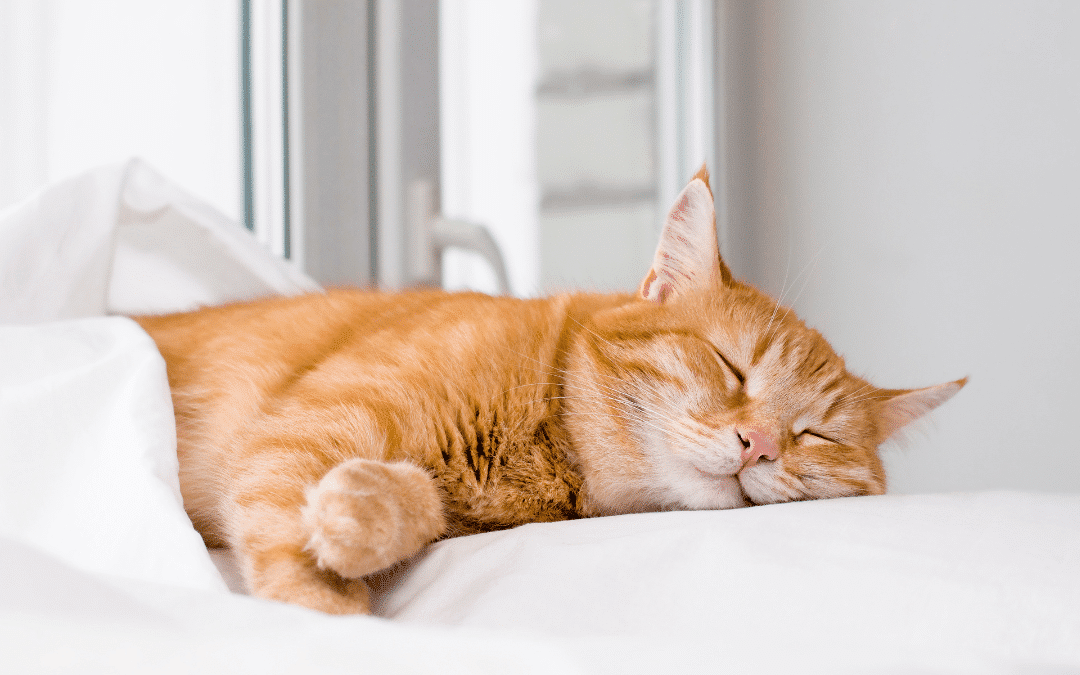

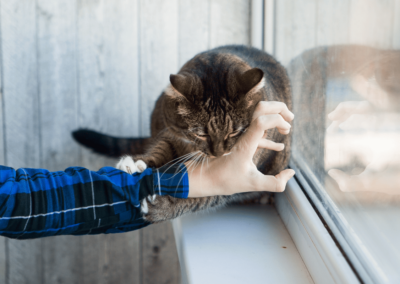
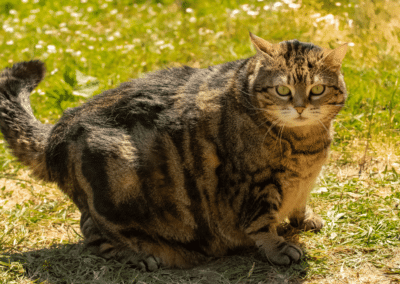
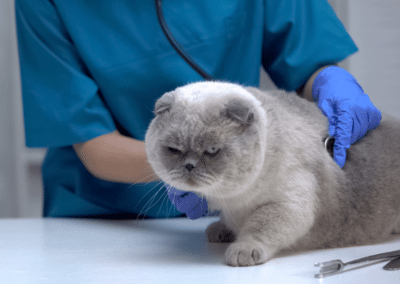
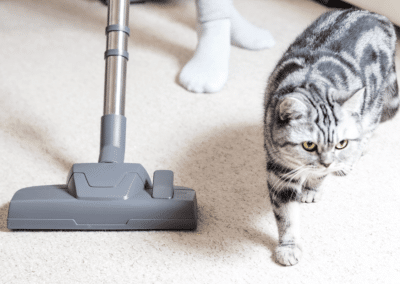
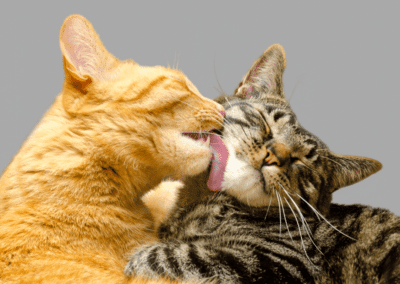
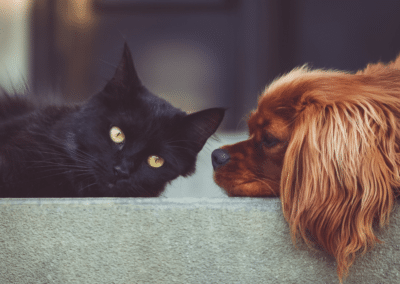
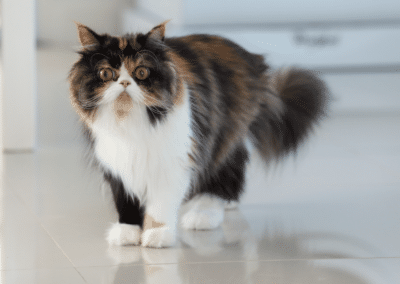
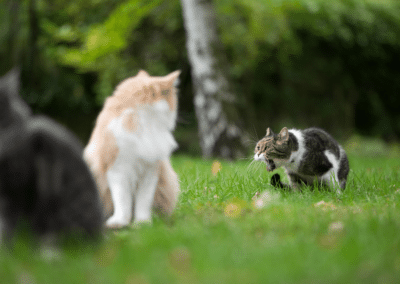
0 Comments